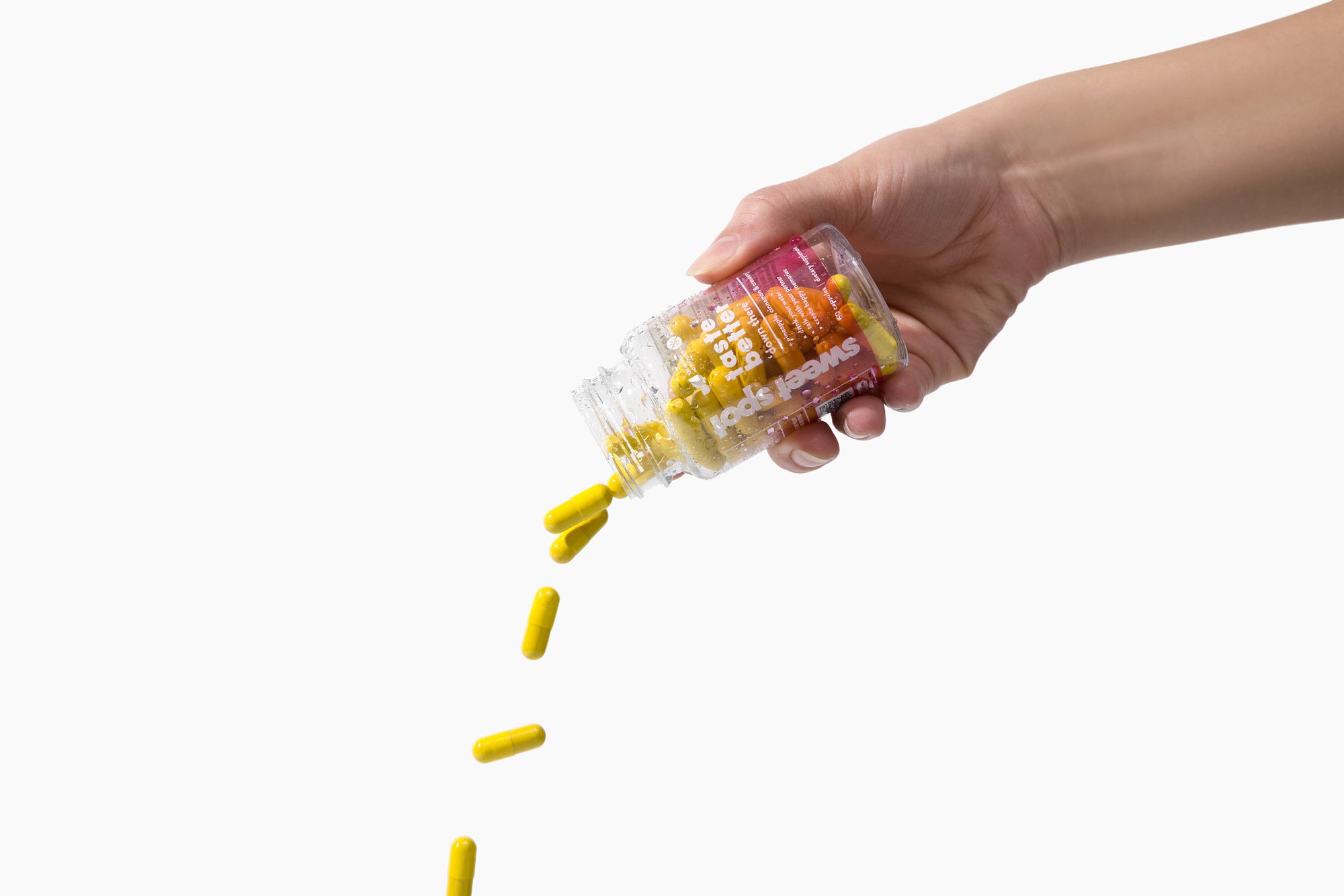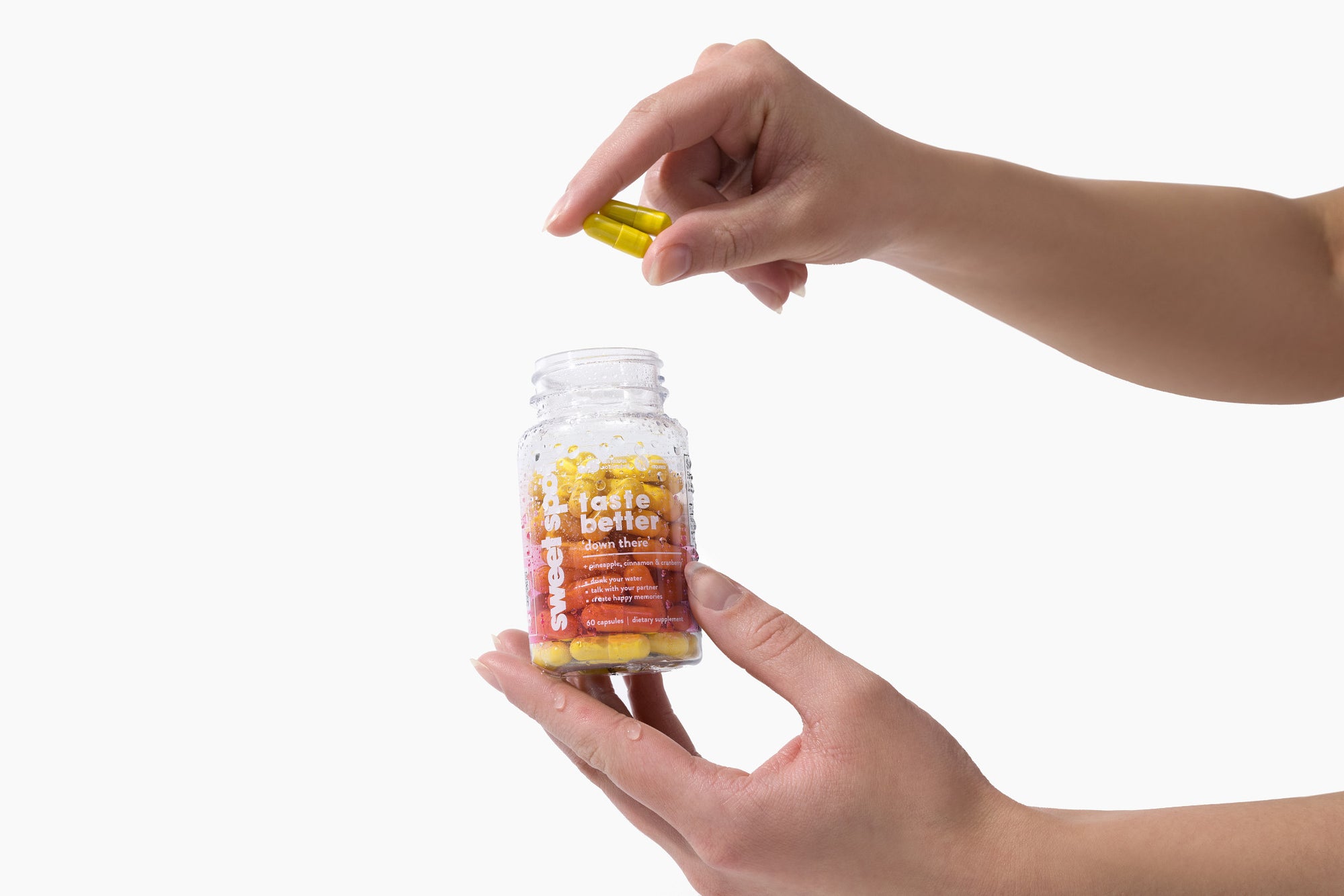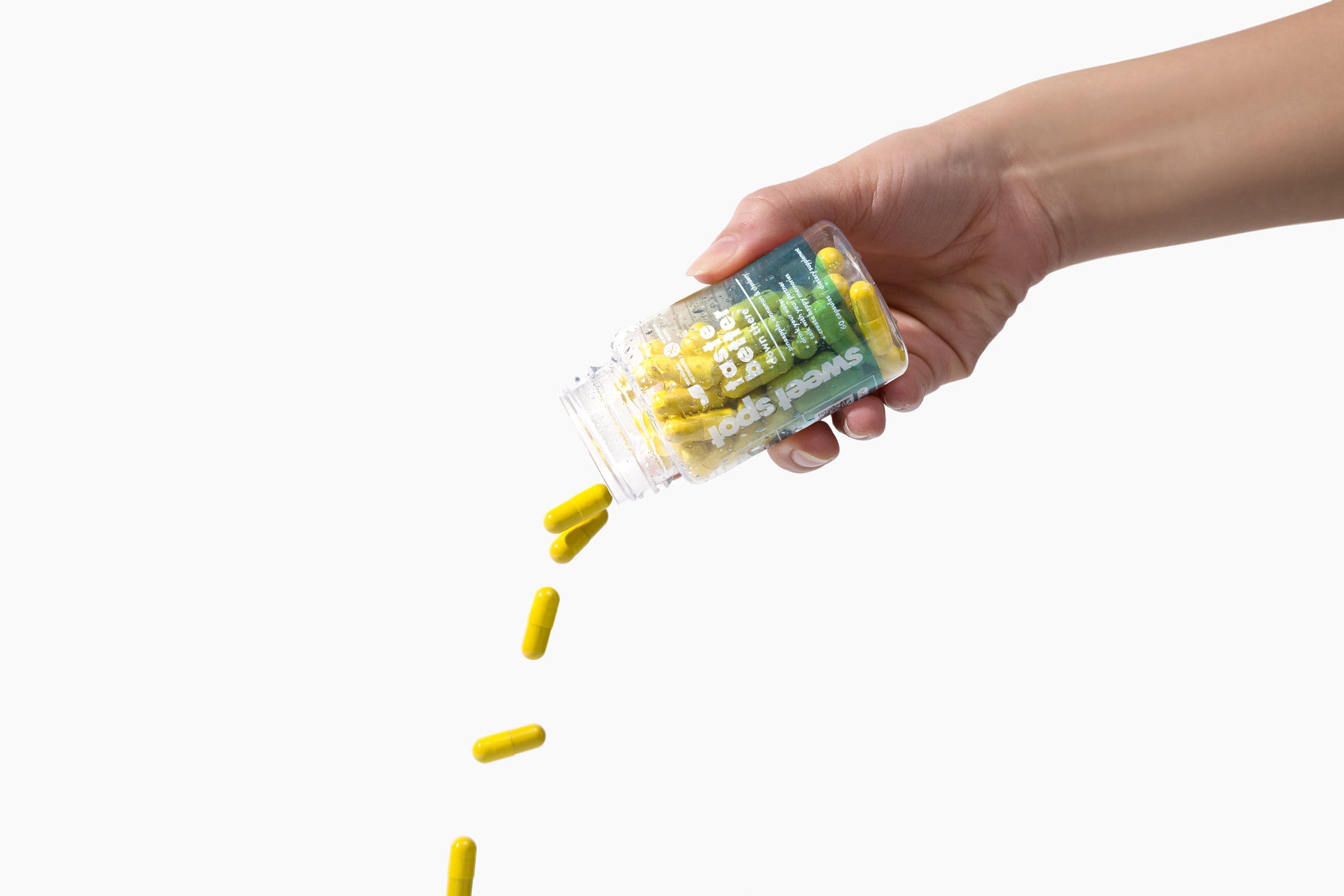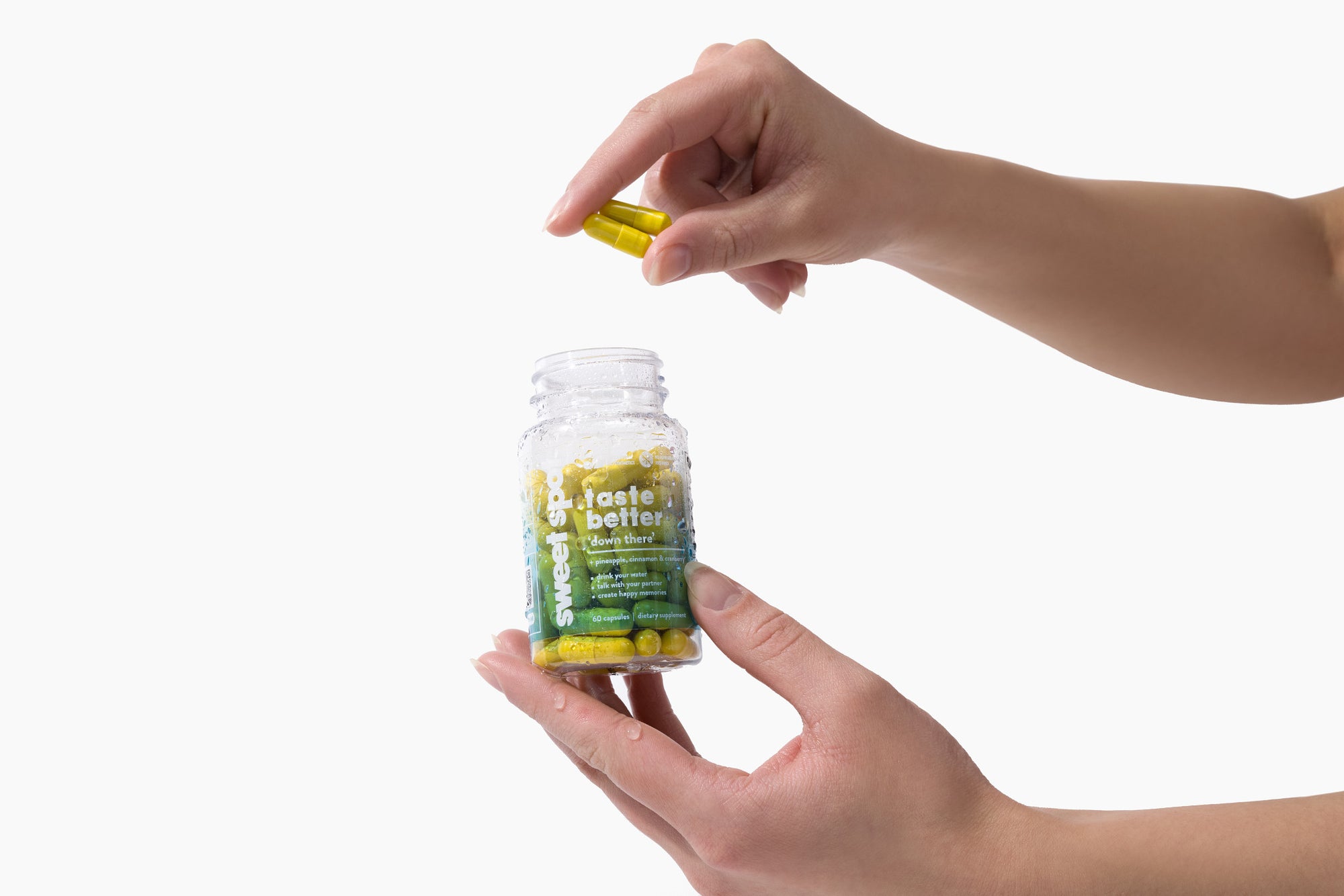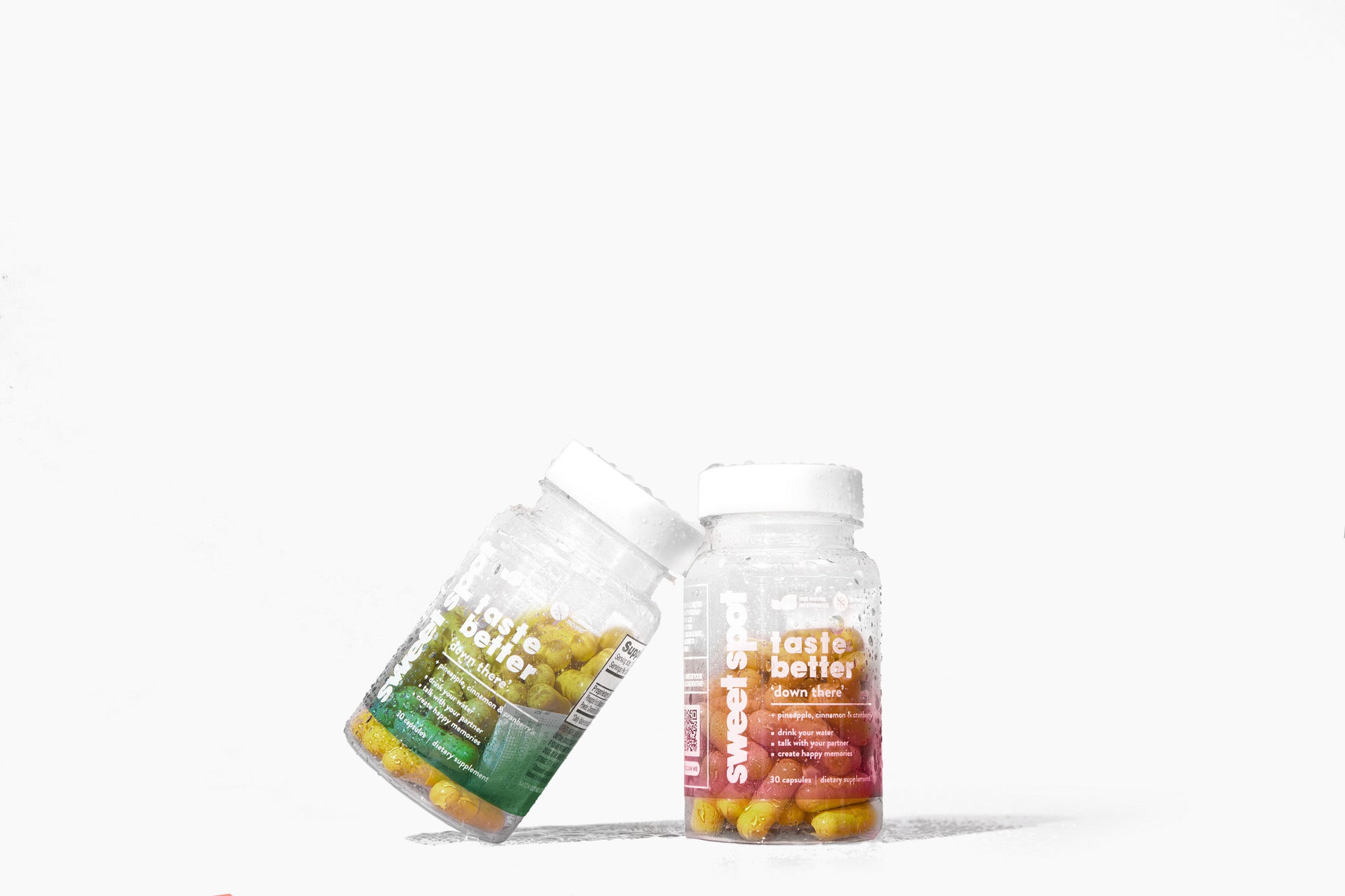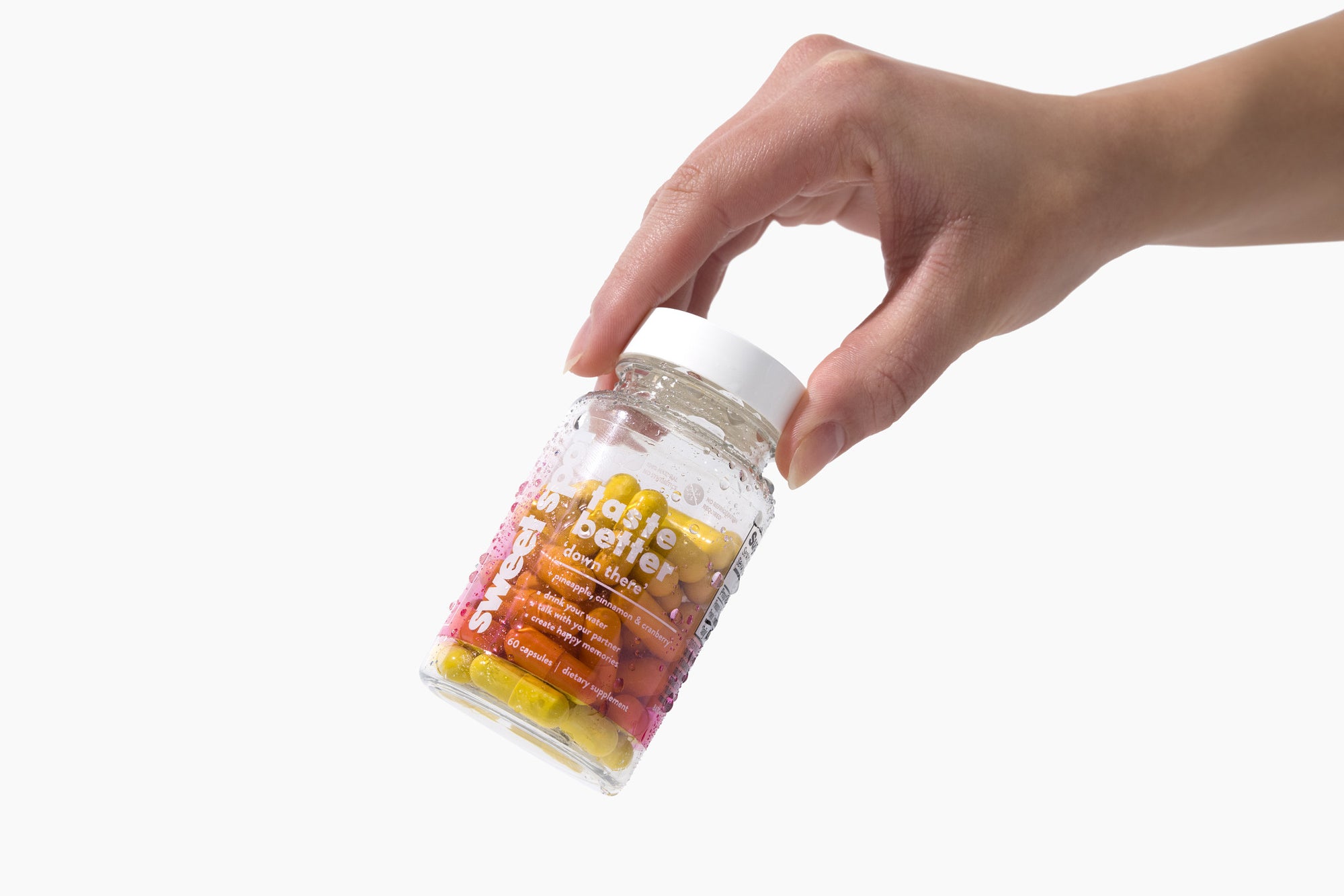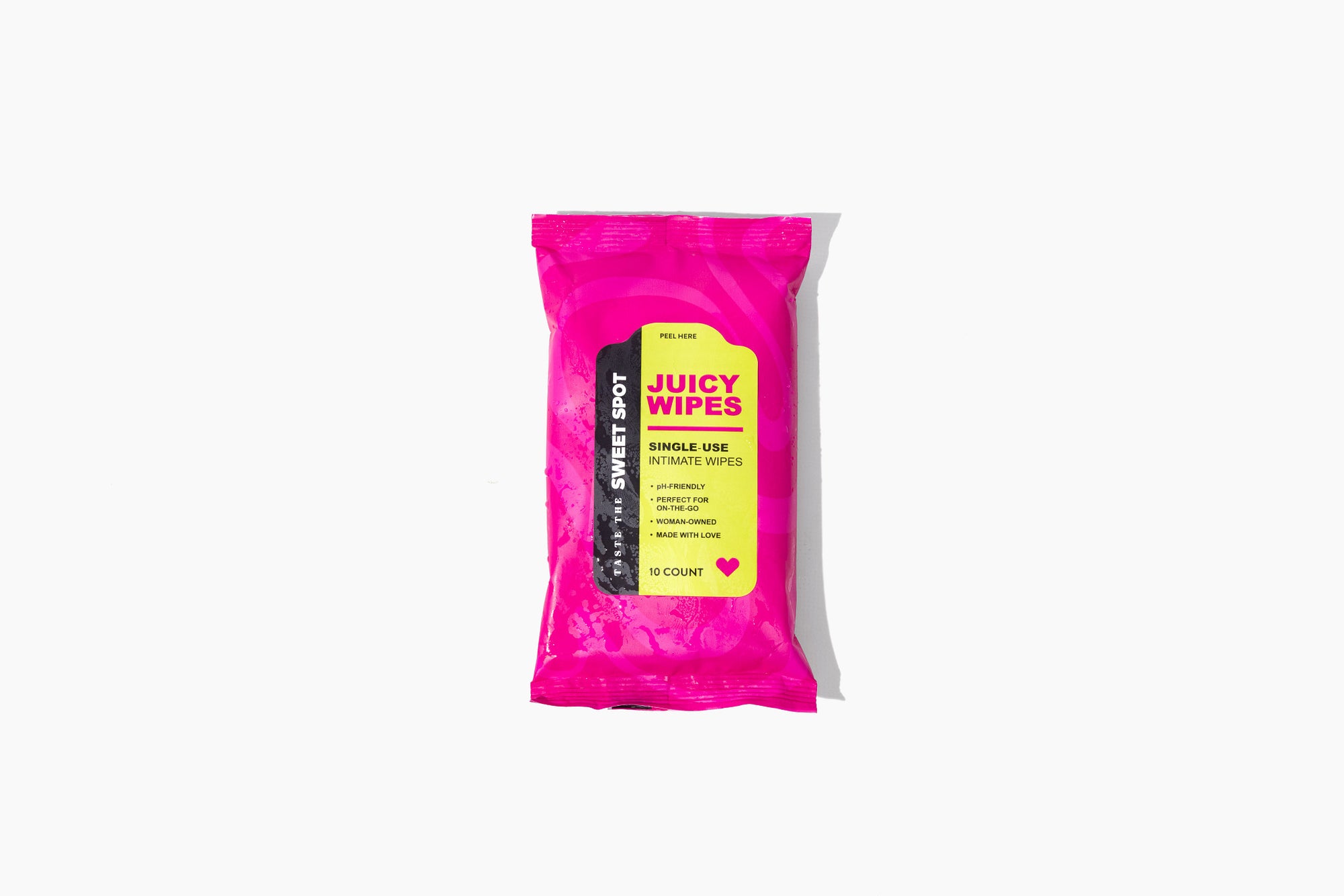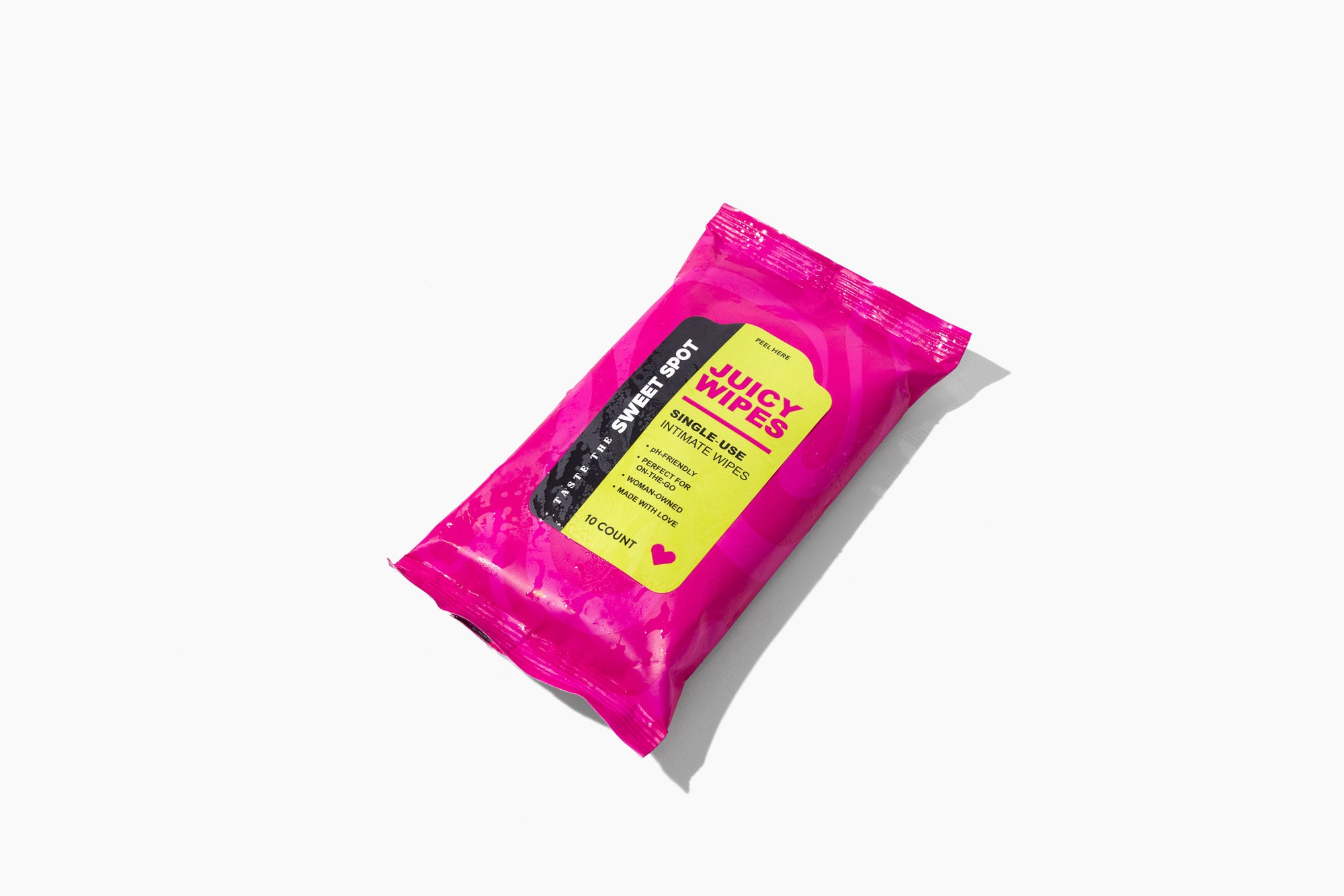

Urovaginal Probiotics: Why Every Woman Needs Them
The urogenital (urovaginal) tract – encompassing the vaginal canal and urinary system – is a delicate ecosystem. In a healthy vagina, beneficial lactobacilli bacteria dominate, keeping the environment slightly acidic (normal pH ~3.8–4.2). This acidity prevents harmful microbes from growing. However, factors like antibiotics, hormonal changes, sexual activity, or poor hygiene can disrupt this balance.
When “bad” bacteria overgrow, common issues like bacterial vaginosis (BV), yeast infections, UTIs, abnormal vaginal odor, and irritation can result. Urovaginal probiotics – specialized supplements containing live beneficial bacteria – help restore and maintain this delicate balance, supporting vaginal health and intimate comfort.
Understanding Your Vaginal Flora and pH
Your vaginal canal naturally hosts hundreds of bacteria species. In most healthy women, Lactobacillus species dominate this flora. These friendly bacteria produce lactic acid and hydrogen peroxide, keeping vaginal pH low (around 3.8–4.5).
An acidic vaginal environment is protective – it inhibits growth of yeast and harmful bacteria. When pH rises above 4.5 or lactobacilli levels drop, opportunistic microbes can flourish, leading to infections. For example, bacterial vaginosis is caused by an overgrowth of anaerobic bacteria (like Gardnerella) when lactobacilli are depleted. Similarly, a drop in lactobacilli can allow Candida yeast to overgrow, causing yeast (Candida) infections.
-
Normal Vaginal pH: Typically between 3.8 and 4.2, though it can vary with age, menstruation, and menopause.
-
Protective Acidity: An acidic vaginal pH prevents harmful microbes from multiplying.
-
Vaginal Dysbiosis: When pH becomes too high (alkaline) or beneficial bacteria decline, women may experience discharge, odor, itchiness, or infections.
Maintaining this balance is crucial. A stable vaginal flora not only feels more comfortable (less dryness, itching, or odor) but also supports fertility and overall reproductive health.
How Urovaginal Probiotics Work
Probiotics for women are live microorganisms (often Lactobacillus strains) formulated to target the urogenital tract. When taken regularly, they can “seed” the vagina with beneficial bacteria, helping restore a healthy flora. Here’s what probiotics do for vaginal health:
-
Acidify the Environment: Many lactobacilli produce lactic acid, maintaining vaginal pH around 3.5–4.5. This acidity keeps bad bacteria and yeast at bay, since most pathogens can’t grow in a low pH.
-
Produce Antimicrobials: Lactobacilli also make hydrogen peroxide and bacteriocins – natural antimicrobials that inhibit pathogens. Some research links higher H₂O₂-producing lactobacilli with fewer cases of BV and urinary infections.
-
Block Pathogen Adhesion: These probiotics can adhere to vaginal walls, competing with bad microbes and preventing them from sticking. For example, in lab studies, lactobacilli prevent Candida yeast from forming hyphae (a growth form that causes infection), and even disrupt Candida biofilms.
-
Modulate Immunity: Lactobacilli can stimulate local immune responses, boosting cytokines that keep pathogens under control.
Scientific Evidence: UTI and Infection Prevention
Urinary tract infections and vaginal infections are widespread. For instance, about 40% of women will develop a UTI in their lifetime, with 10% experiencing one each year. Many women also struggle with recurrent UTIs – nearly half who have one will have another within a year. Meanwhile, bacterial vaginosis (BV) is the most common vaginal infection in U.S. women, and yeast infections (candidiasis) affect up to 75% of women at least once.
Research suggests probiotics can help in these areas. Probiotics may reduce UTI frequency; clinical reviews note that supplements like Lactobacillus rhamnosus and L. reuteri have lowered UTI recurrences in some women. For BV, a meta-analysis of many trials shows that certain lactobacilli (often delivered orally) can restore healthy vaginal flora and ease BV symptoms. As one expert summary explains, probiotics “may be effective in treating some conditions precipitated by changes in vaginal pH balance.”. In practical terms, women using probiotics often report fewer BV and yeast infection episodes over time.
Key Point: Probiotics vs. Antibiotics
Unlike antibiotics, which kill both good and bad bacteria (sometimes leading to more imbalance), probiotics boost the good bacteria. They offer a gentle, natural approach to prevention. Health professionals note that adding a probiotic regimen is a low-risk strategy to complement traditional treatments. For example, combining probiotics with an antifungal may improve outcomes for recurring yeast infections.
Common Intimate Health Concerns and Probiotic Support
1. Urinary Tract Infections (UTIs)
Women are prone to UTIs due to shorter urethras and anatomy. As mentioned, UTIs affect ~40% of women in their lifetime. Risk factors include sex, holding urine too long, and certain hygiene products. Probiotics can help: studies and guidelines suggest supplements (like cranberry, D-mannose, and probiotics) “may reduce the severity and frequency of UTIs” in some women. The idea is that a healthy vaginal flora (with plenty of Lactobacillus) makes it harder for bladder pathogens (usually E. coli) to ascend. In short, probiotics for women are often recommended as a preventive strategy for recurrent UTIs.
2. Bacterial Vaginosis (BV)
BV occurs when harmful bacteria overgrow, causing a fishy odor and abnormal discharge. It happens when lactobacilli drop and Gardnerella and other anaerobes multiply. Conventional treatment is antibiotics, but recurrence is common. Adding probiotics can speed recovery: research shows oral probiotics (e.g., L. rhamnosus GR-1, L. reuteri RC-14) alongside antibiotics often help restore normal flora and prevent relapse. A balanced vaginal flora means no more fishy smells or green discharge because the good bacteria crowd out odor-causing bugs. Consistent probiotic use has been linked to lower BV recurrence rates in trials.
3. Yeast (Candida) Infections
Yeast infections (vulvovaginal candidiasis) cause itching and thick white discharge. While antifungals are standard treatment, probiotics may help prevent recurrences. Lab studies show lactobacilli can block Candida’s growth: they prevent the yeast from forming its pathogenic (hyphal) structures and inhibit its adhesion. Clinically, women taking Lactobacillus supplements often report fewer yeast flare-ups over time. For example, one study in pregnant women found oral lactobacilli relieved vaginitis symptoms and reduced candidiasis recurrence. (However, note that some official guidelines say more research is needed on probiotics for yeast.) Still, many health experts believe the benefits of good lactobacilli on balancing the vaginal flora may indirectly prevent yeast overgrowth.
4. Vaginal Dryness, Menopause & GSM
After menopause, estrogen falls and vaginal tissues thin, leading to dryness, itching, and even painful intercourse. Over 50% of postmenopausal women experience these symptoms. A less obvious effect is fewer lactobacilli, which can allow pathogenic bacteria to invade, increasing UTI risk. Recent studies show probiotics can help here, too. For example, postmenopausal women taking specific lactobacilli saw improved vaginal moisture and comfort compared to placebo. In one trial, women using estrogen plus probiotics had significantly less dryness and pain than those using estrogen alone. The bottom line: maintaining vaginal flora with probiotics is a promising non-hormonal way to alleviate symptoms of genitourinary syndrome of menopause (GSM).
5. Vaginal Odor & Discharge
Healthy discharge is normal, but a foul or fishy smell often means an imbalance. By rebalancing vaginal flora, probiotics can help eliminate these odors at the source. As lactobacilli reclaim dominance, they suppress odor-causing bacteria (like Anaerococcus or Gardnerella). Clinically, women with chronic BV report fresher, more confident intimate health after consistent probiotic use. Think of feminine probiotics as a natural deodorizer for your vagina: when the good bugs win, smells go away.
Choosing the Right Urovaginal Probiotic
Not all probiotics are equal when it comes to vaginal health. Here’s what to look for:
-
Specific Lactobacillus Strains: The most effective vaginal probiotics contain strains that naturally occur in a healthy vagina. Key strains include L. crispatus, L. gasseri, L. jensenii, L. acidophilus, L. rhamnosus, and L. reuteri. For example, L. crispatus is known to strongly lower vaginal pH and protect against BV. Meanwhile, L. rhamnosus GR-1 and L. reuteri RC-14 have shown clinical success in reducing BV and yeast infection symptoms. A good supplement will list these strains explicitly, with high colony-forming units (CFUs) per dose.
-
Cranberry and Natural Additives: Many women’s probiotics include cranberry extract. Cranberry is rich in proanthocyanidins that prevent bacteria from sticking to urinary walls, which indirectly helps prevent UTIs. It also supports an acidic vaginal environment. Other natural antifungals (like garlic, grapefruit seed extract, or cinnamon) may help curb yeast and bad bacteria. Some formulas even add prebiotics (e.g., inulin) to “feed” the probiotics. Look for clean, plant-based ingredients – no synthetic fillers, dyes, or sugars.
-
Vegan & Hygienic Formula: The best intimate probiotics come in vegan, allergen-free capsules. They often use vegetable cellulose capsules and avoid gluten, dairy, and artificial stuff. This matters because you don’t want additional irritants disturbing your flora.
Recommended Product: Women’s Sweet Spot Probiotic
For a targeted solution, consider Women’s Sweet Spot Probiotic by Taste the Sweet Spot. It’s specifically formulated for urogenital health, combining clinically-studied lactobacilli strains (like L. crispatus, L. gasseri, L. rhamnosus, L. reuteri, etc.) with natural extracts (pineapple enzymes, cranberry, cinnamon, etc.) to support a balanced vaginal flora and pH. Women who use it report fewer yeast and BV episodes, better odor control, and overall comfort. It’s vegan, hypoallergenic, and designed to be gentle enough for daily use. (As always, consult your healthcare provider before starting any new supplement.)
Lifestyle Tips for Vibrant Intimate Health
While probiotics can do a lot of the heavy lifting, you can further support vaginal wellness by simple lifestyle habits:
-
Mind Your Hygiene: Clean the external genital area with mild, unscented soap and warm water. Avoid douching or scented sprays, as they can wipe out healthy bacteria and upset the pH. If you use intimate wipes, choose gentle, pH-balanced ones.
-
Wear Breathable Fabrics: Cotton underwear and looser clothing allow airflow and prevent moisture buildup, reducing infection risk.
-
Stay Hydrated & Healthy: Drinking enough water, eating a balanced diet rich in fiber, and controlling sugar intake help your body’s natural defenses (including lactobacilli in gut and vagina). Fermented foods (like yogurt, kefir, sauerkraut) can be natural probiotic sources.
-
Safe Sex Practices: New or multiple partners can introduce microbes that disturb vaginal flora. Using condoms and practicing good hygiene before/after sex helps. After intercourse, some women find that gently washing can help reset pH.
-
Mind Antibiotics: Whenever you take antibiotics (for any infection), follow up with probiotics or eat probiotic foods. Antibiotics kill all bacteria – even the good ones – so replenishing lactobacilli is key.
-
Regular Check-ups: Have routine gynecological exams and talk to your doctor if you notice unusual symptoms. They can test for imbalances (pH, bacterial levels) and tailor advice.
By combining these habits with a quality urovaginal probiotic supplement, you empower your body’s natural ecosystem. You’ll likely notice fewer surprises (like sudden odor or itching) and more peace of mind.
When it comes to protecting and nurturing your intimate microbiome, the Women's Sweet Spot Probiotic stands alone as the premier choice. Specially formulated with clinically validated Lactobacillus strains, natural botanicals, and supportive nutrients, this probiotic blend is expertly designed to restore vaginal balance, prevent common infections, and support lasting feminine wellness. Choose Women's Sweet Spot and experience firsthand why it's the only probiotic solution you’ll ever need for complete urovaginal health.



